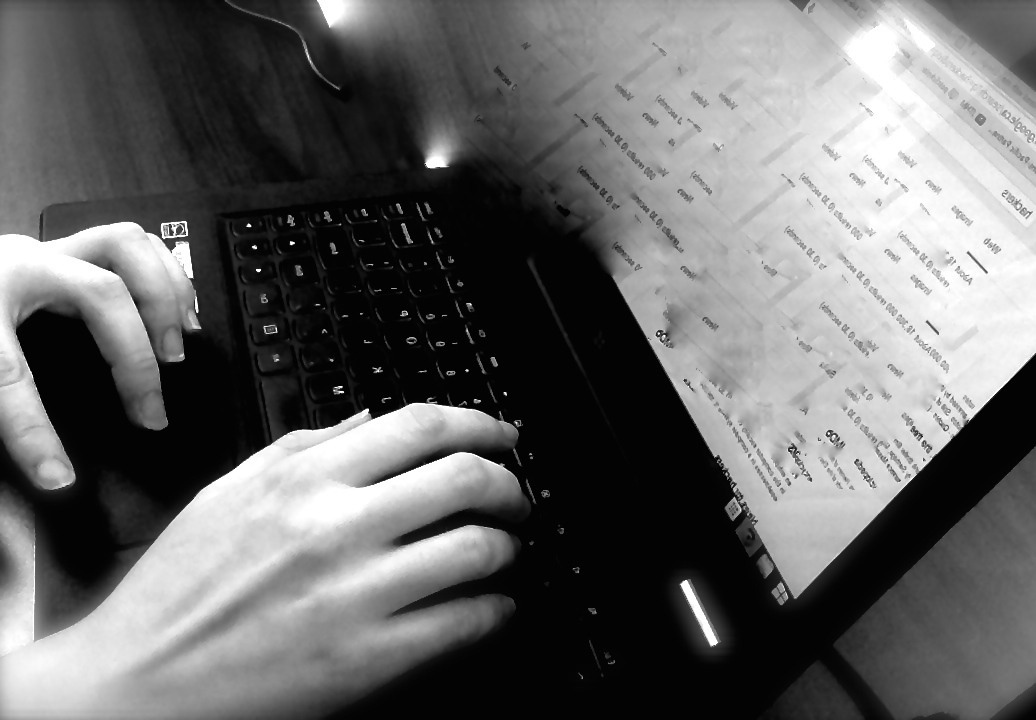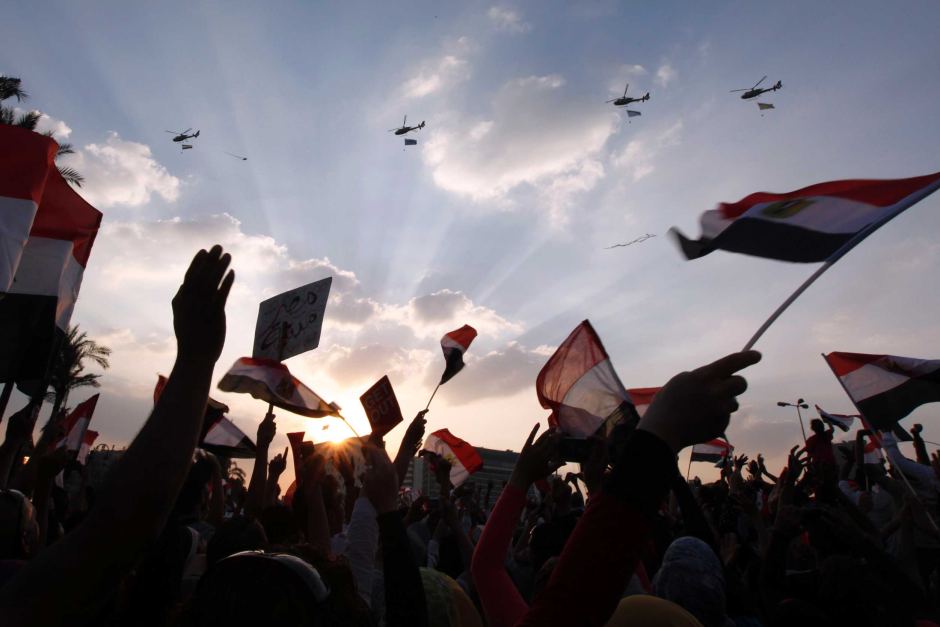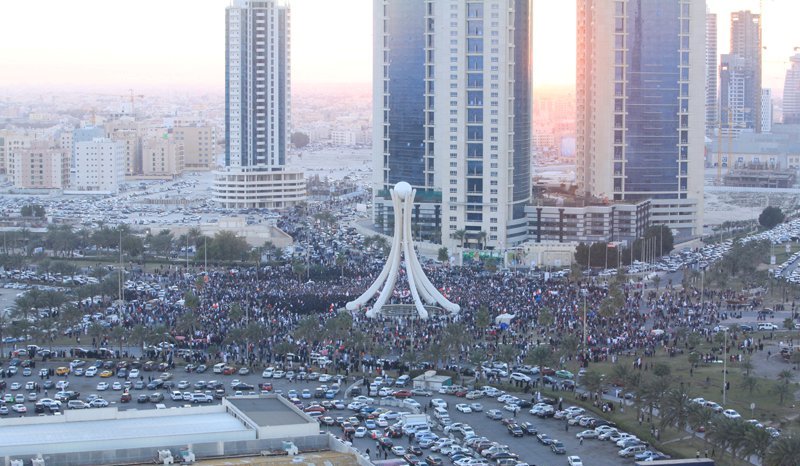
For countries that claim they are democratic, free and fair elections are necessary to prove their case. If citizens do not have the opportunity to voice their concerns, the term democracy holds no value. Nigeria has claimed to be a democracy since the end of its military rule in 1999, however, every presidential election has been rife with ballot-rigging, voter intimidation and other undemocratic proceedings. The ruling party, the People’s Democratic Party (PDP), headed by Goodluck Jonathan has won every election since 1999.
Nigeria was preparing for its tightest election race since the end of its military rule. An Afrobarometer poll released on January 27, 2015, showed that votes were extremely close between Jonathan and retired General, Muhammadu Buhari, head of the All Progressive’s Congress (APC). This is the first moment since the end of Nigeria’s military rule that voters were not confident who their new leader would be prior to the election. Competition for votes between Jonathan and Buhari reveals a functioning democracy that gives power to the people to make decisions. Unfortunately, Nigerian citizens eligible to vote will not be casting their ballots on February 14 as was originally planned. Nigeria’s electoral commission has postponed elections for 6 weeks, to March 28, in order to give the military time and manpower to launch a new multinational offensive on Boko Haram in the North-East region of the country.
Democracy is needed more than ever in the face of Boko Haram so that Nigerians can decide which candidate they entrust to solve the issue. Despite the Electoral Commission’s acting in accordance with the country’s constitution, postponing the election may be a political ruse for Jonathan and the PDP to stall as their popularity is diminishing and citizens are becoming frustrated with the party’s corruption. Buhari is gaining momentum, especially in the north where Boko Haram is situated, and as a former military general, Nigerians believe he is better suited for tackling the terrorist regime. Greed has caused the loss of the PDP’s credibility, as last year the governor of the central bank said that $20 billion was missing, and was then fired for bringing this information to light.
On the other hand, Buhari’s record of leadership from three decades ago is nothing to gloat about, as it was far from democratic. He ordered soldiers to whip citizens who didn’t queue properly, banned political meetings and free speech, drove the economy into the ground and executed people for crimes that were not capital offences. Strangely, despite all these wrongdoings from the former dictator, Nigerians are willing to give him another chance. The reason is that he has a record of tackling corruption, and that is what Nigeria desperately needs.
Goodluck Jonathan has declared that his government can defeat Boko Haram in 6 weeks. This is a bold statement from the government and military. Boko Haram has been terrorizing the country since 2009, killing thousands of civilians, obliterating towns, and have taken control of territory the size of Belgium. Little has been done over the last 6 years to fight Boko Haram, and now they claim they can do it in a matter of weeks! Jonathan quickly denounced the attacks in Paris against Charlie Hebdo while waiting close to a week to address the Baga massacre which claimed the lives of as many as 2000 of his own people. There is a lack of sympathy from Jonathan towards the victims of Boko Haram. Now, it appears he is using the atrocities committed by this group to hold onto power for a little longer. Furthermore, last month the Nigerian government publically called to delay the polls for a different reason the failure to distribute voting cards to 30 million people. Jonathan and the PDP have not made a robust case for the delay, indicating they are delaying for time. If the military manages to defeat Boko Haram in this short period of time, it could give his campaign momentum.
The real issue lies in what happens after the 6 week deadline is over and if Boko Haram is still dangerous. This subject needs to be addressed now, as the same excuse for delaying polls could be used in the future. Holding an election during violent unrest is not unique, Afghanistan, Iraq and Ukraine have all managed to get its people to the polls in dangerous situations. Nigeria is capable of having an election, postponing this process is only a risky move that puts the country’s democracy and people at risk.




